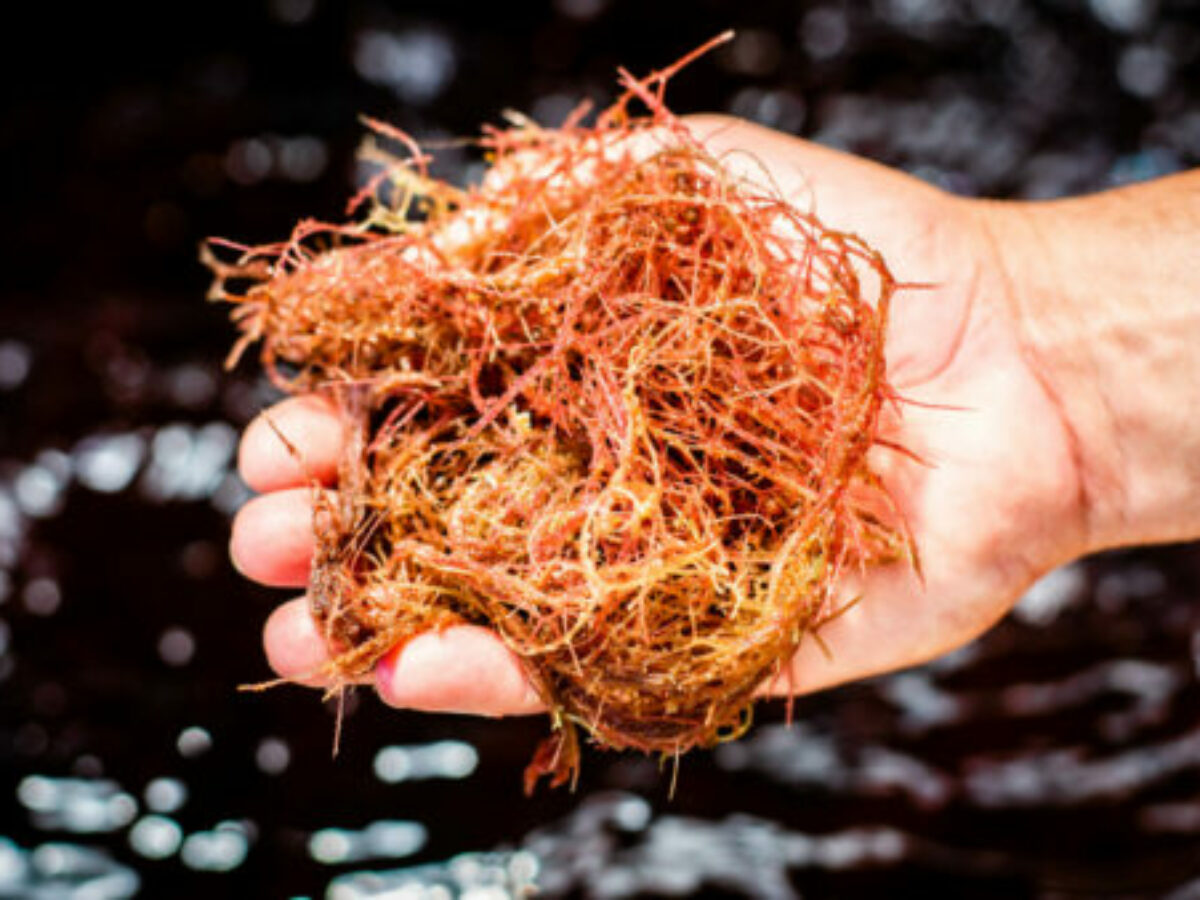CH4, Siemens sign tech agreement to digitalise production of methane-minimising seaweed extract

Livestock feed supplement maker CH4 Global and engineering company Siemens have announced a technology cooperation to support commercialisation of seaweed extract made at a South Australian factory.
The MoU between the two companies, made public on Tuesday, would see CH4 make use of its partner’s “technological skills and capabilities in areas of digitalization and automation” as it scales up production.
CH4 is a Nevada, US-based company with subsidiaries in New Zealand and Australia, using IP on asparagopsis based on years of applied R&D by James Cook University, the CSIRO and Meat and Livestock Australia (MLA.)
When used in small amounts as a feed additive, a compound in the red seaweed acts on gut enzymes in the last stomach of cows, reducing methane emissions from burps and farts by about 80 per cent.
According to CH4’s COO Tim Williams, greenhouse gas emissions from the livestock industry in Australia were more than twice those from passenger vehicles, with methane a significant contributor in this.
“Rapidly scaling up and commercialising our products for a potential global market requires deep expertise with digitalization and automation technologies – something which Siemens is renowned for,” said Williams in a statement.
Peter Halliday, CEO and Chairman of Siemens Australia and New Zealand, added that, “Digitalization technologies will allow companies like CH4 Global to create digital twins of their facilities so they can design, test and eliminate waste before they even put a shovel in the ground.
“Benefits include bringing their product to market in record time and in ways that are as efficient as possible.”
Halliday noted that Siemens is currently marking its 150th year in Australia.
CH4 is one of three companies in Australia to use asparagopsis IP under licence from commercialisation business FutureFeed, along with SeaStock and Sea Forest.
MLA – which has a goal of carbon neutrality by 2030 – announced in June that CH4 had become the first Australian company to make a commercial sale of asparagopsis extract.
“Just a few years ago, Asparagopsis was a largely unknown seaweed that was not cultivated in commercial quantities and had very few applications outside of niche cosmetics and as a condiment in Hawaii,” said Cassandra Kelly, Senior Advisor to FutureFeed, at the time.
Picture: supplied
Further reading
ASPARAGOPSIS ERA BEGINS WITH FIRST COMMERCIAL SALE BY CH4
FLINDERS IN R&D PARTNERSHIP WITH WA ASPARAGOPSIS STARTUP
A HALF-DOZEN THINGS TO WATCH IN 2022
SEAWEED CATTLE FEED TO BE USED AT NEW $90M PLANT IN SOUTH AUSTRALIA
Topics Manufacturing News Technology
@aumanufacturing Sections
Analysis and Commentary Awards casino reviews Defence Gambling Manufacturing News Online Casino Podcast Technology Videos

